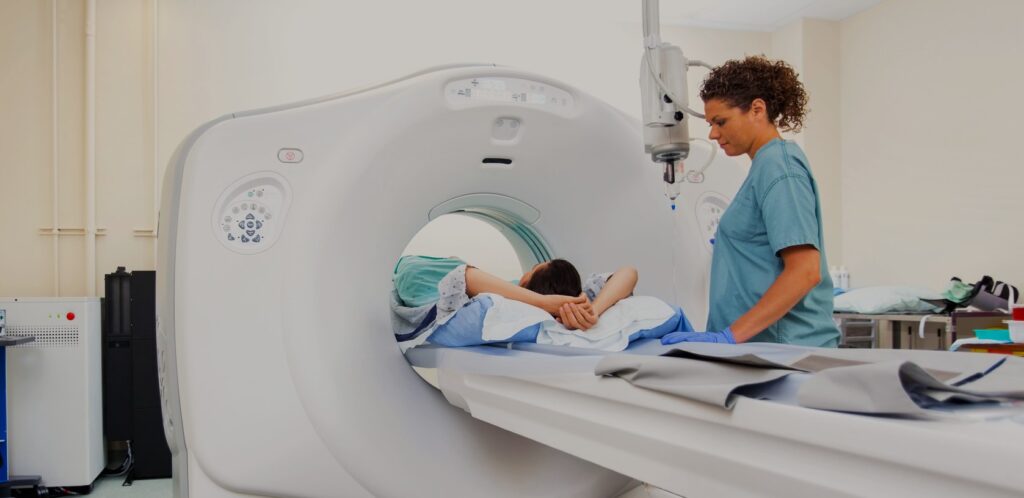New materials developed by researchers at the Technion – Israel Institute of Technology are expected to significantly improve the performance of MRI scans, helping with early diagnosis for a range of diseases and reducing the need for some radiation-intensive tests.
An MRI – or magnetic resonance imaging – is a noninvasive procedure used by clinicians to get an image of what is happening inside a person’s body, including their organs, bones and blood vessels.
But one of the limitations of conventional MRI devices is that they struggle to detect metabolites – small molecules involved in the body’s chemical processes – as they have a very low concentration in tissue.
These metabolites are important clinical markers for various health conditions, including cancer, and as a result researchers have sought to find a way to identify metabolites in imaging scans.
In a recent article published in the Science Advances journal, the team at the Technion outlines its new way of identifying metabolites during an MRI, with materials that can enhance the magnetic resonance signal by up to four times during the test and preserve the signal for around 10 minutes instead of the standard one minute.
The researchers say this will allow doctors to track metabolites in various tissues over a period of time, and, because of the efficiency of the new materials, potentially replace expensive and radiation-intensive tests in certain cases.
“Our discovery is very exciting for us, as the new method will provide physicians with a broader time window to perform the scan, and we estimate it will expand the use of radiation-free MRI scans,” said Prof. Aharon Blank of the Technion’s Faculty of Chemistry, who published the article alongside Dr. Itai Katz.
“These materials will improve the capabilities of medical and research teams in early disease diagnosis, tissue characterization, disease progression monitoring, surgery planning, optimal treatment selection, and informed decision-making,” Blank said.
The research was supported by the Technion Human Health Initiative (THHI) and the European Research Council (ERC), and included contributions from Prof. Boaz Pokroy and Dr. Arad Lang from the university’s Faculty of Materials Science and Engineering, as well as Dr. Benno Meier from the Karlsruhe Institute of Technology in Germany.
Related posts

Israeli AI Safety Tool Among TIME’S Best Inventions For 2024

TAU Team Discovers Mechanism To Eliminate Cancerous Tumors

Ashdod Port Investing In Startups As Part Of Innovation Strategy




Facebook comments